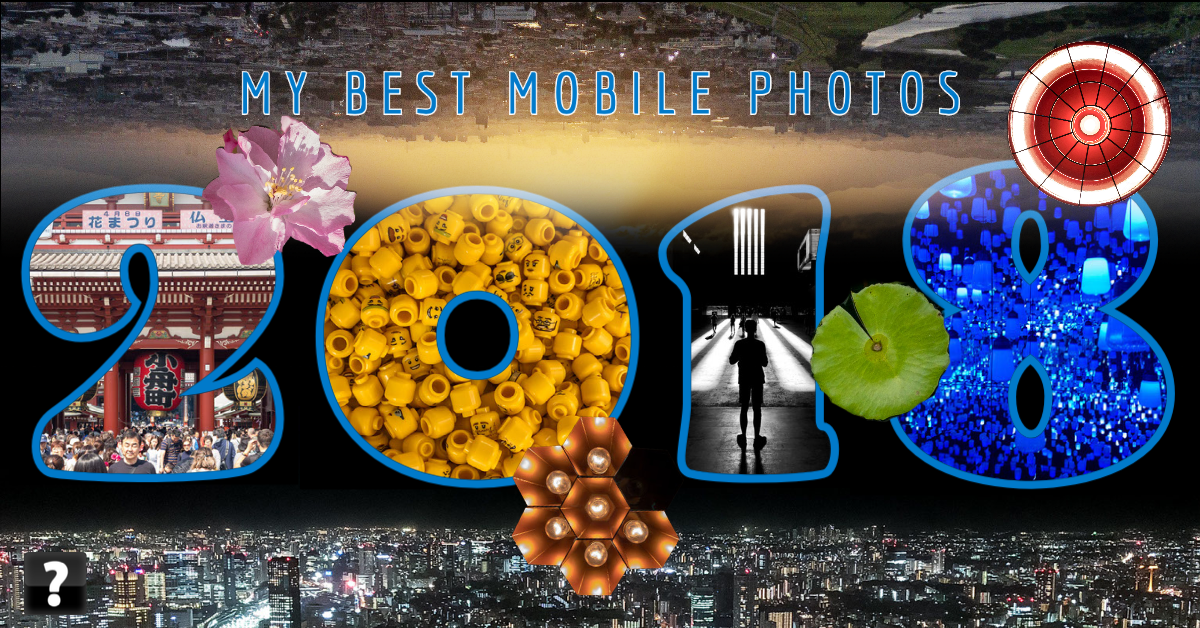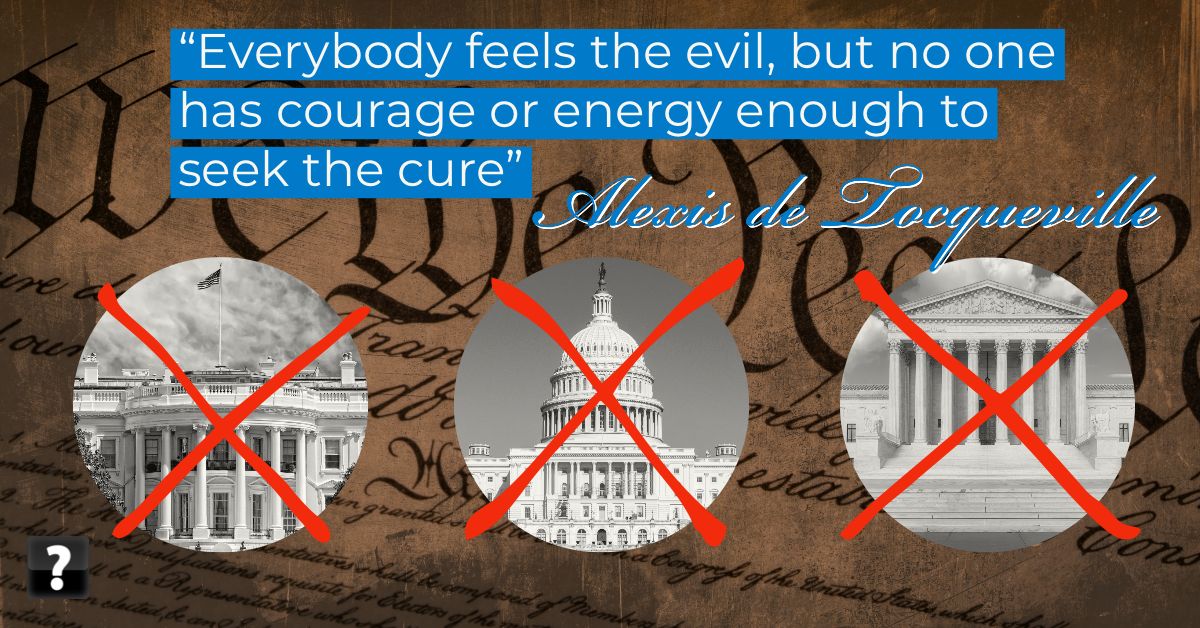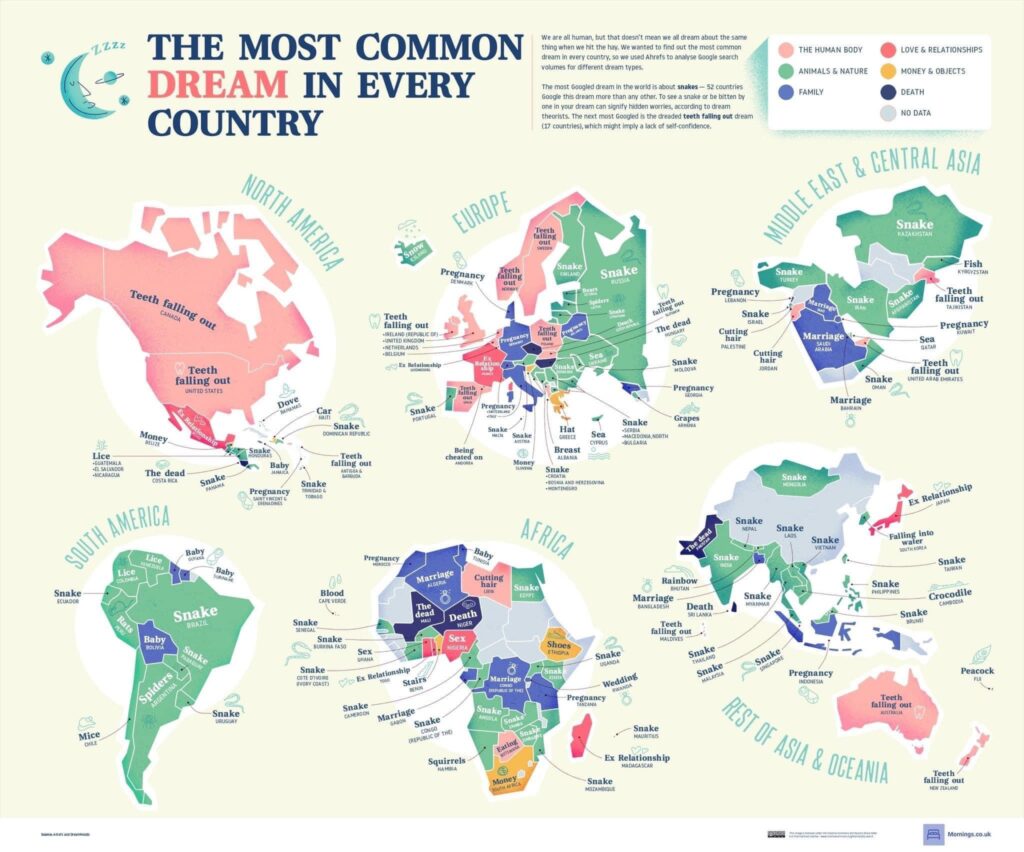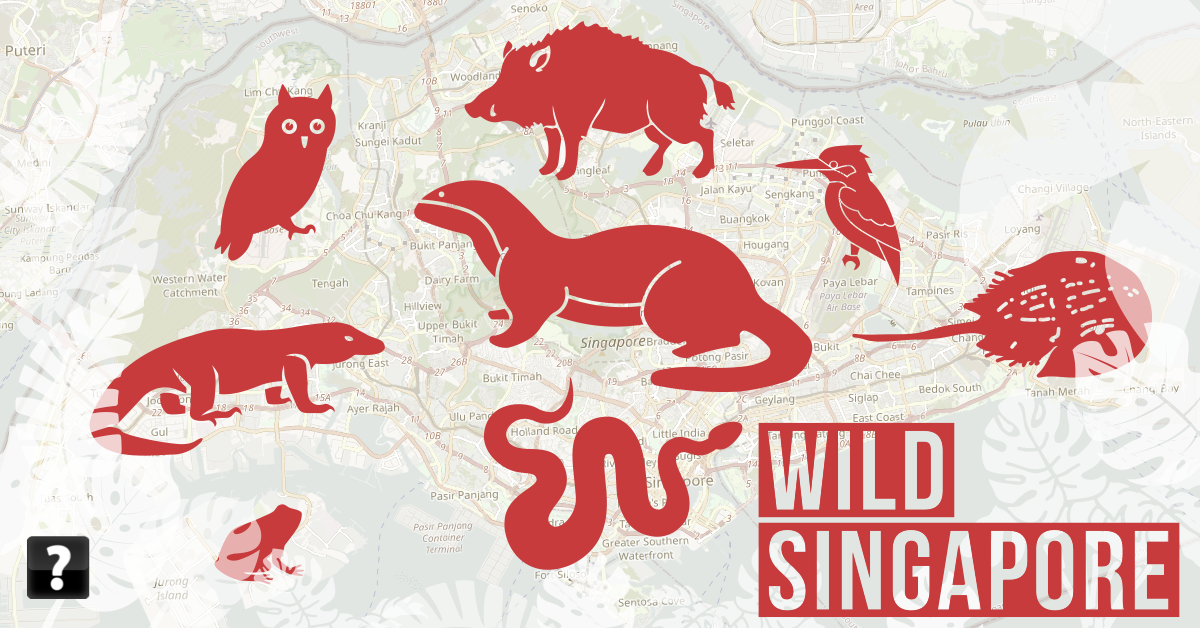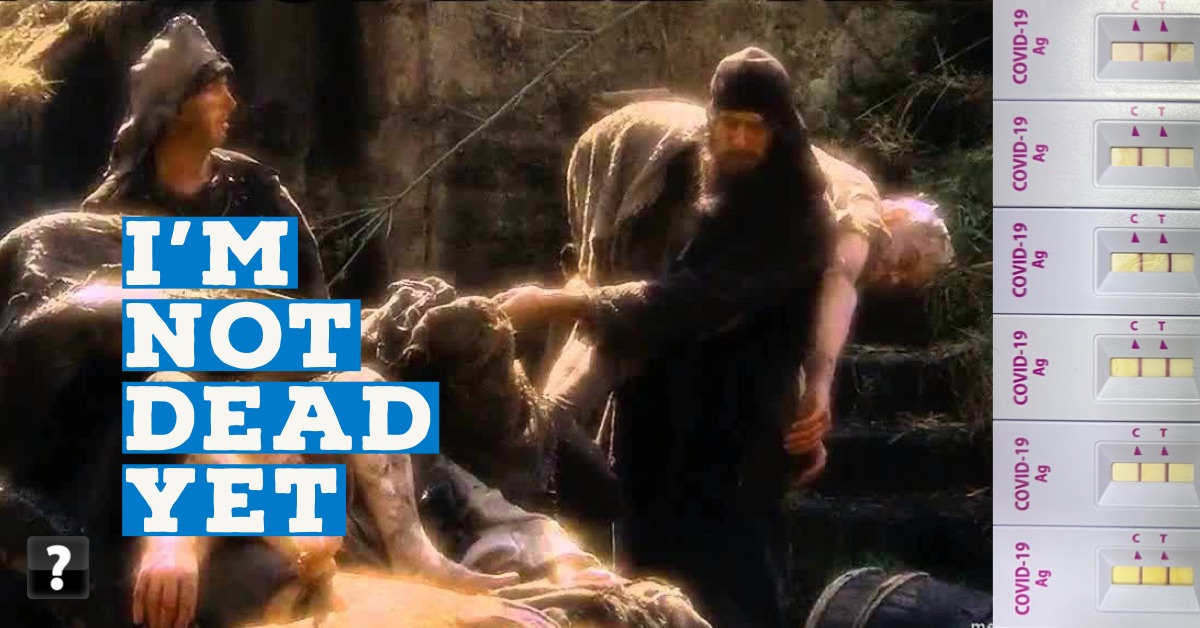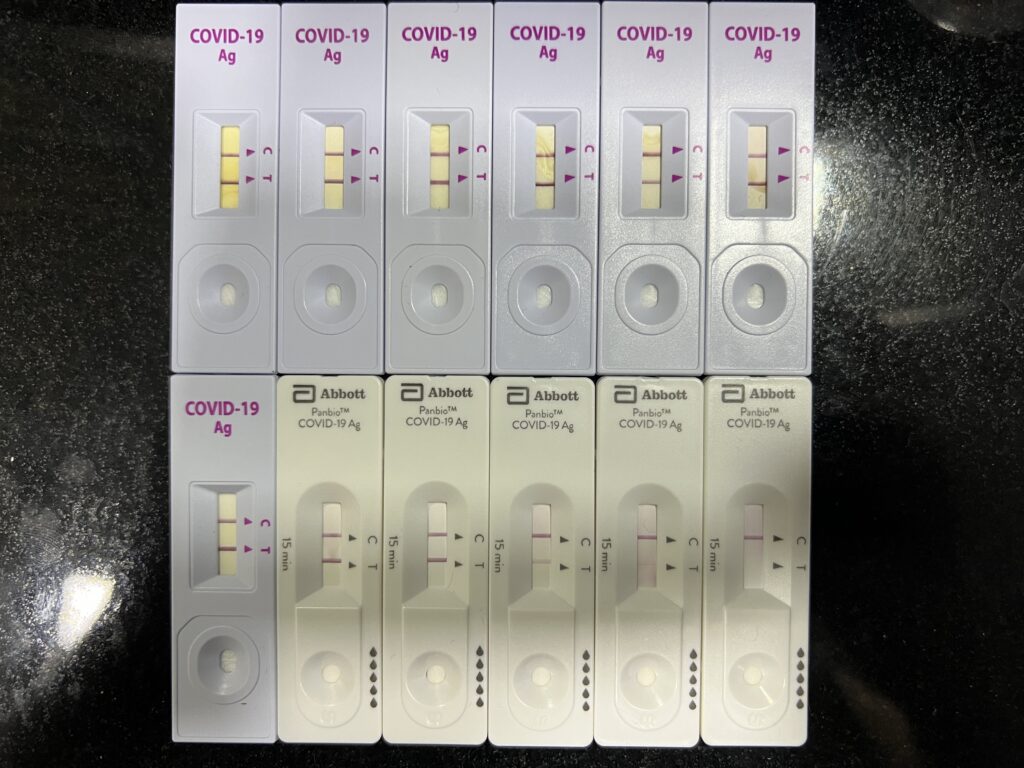Back in November [confusion.cc] I finished my original plan to make it though all my mobile photos up to 2017, when I started to really use Lightroom mobile for most of my on-the-phone photography. I said then that I would go on… It’s taken 6 months to get 2018 done. Partly just because the world has opened up again from COVID so there was more going on. But also because there just more photos, I took a lot of photos and videos in 2018 on my iPhone 8 Plus; both in the native app and in Lightroom mobile. I traveled a lot in 2018 is part of the reason – Tokyo three times (twice for work), lots of trips to Jakarta and Kuala Lumpur for work, a trip to London for the summer holidays. Basically there were a lot of photos.
The photos taken with the iOS native app were all unseen, never posted before, like all the photos in the previous entries in this series (actually, that’s not strictly true, some were posted to Facebook but not public). The photos taken in the Lightroom app however, some of them were posted directly to my Flickr account. So it took a bit more work to make sure I was not double posting as there was not record in the Lightroom library if they were posted or not.
But I made it through them finally, and posted quite a number of photos, so here are a few I would call “my best” for having been taken with the mobile phone.
Lets start with Tokyo. I visited several times for work. I had high hopes that we would land the major project we were trying to win and I already had an agreement with my boss to move to Tokyo if we did. It’s still a dream of mine to live in Japan one day, and while I would prefer Kyoto to Tokyo beggars can’t be choosers… and in this case begging didn’t work out. We didn’t win and I didn’t get to move to Japan. I did take a few nice photos though.
On my first trip I was lucky enough to be there at the tail end of the Sakura Blossom season. It was amazing in Tokyo, wondering around and visiting the various spots to see Sakura. Asakusa was beautiful. And crowded:
But where are the Sakura? Ok, ok, ok, here you go. It’s not actually one of my best pictures, but it’s ok, and I do think we must have Sakura in this set.
I visited Japan again a few months later, staying further out in Futako Tamagawa, where I took this shot of the sunset:
And to contrast that I also took a nighttime shot from the top of the Tokyo Tower:
Ok, we are almost done with Japan. I know I’m obsessed. But this shot is from my Holiday with the family in December, taken at teamLab’s Borderless [teamlab.art]. this room reminds me of one of Yayoi Kusama’s [yayoi-kusama.jp] Infinity Mirror Rooms. The lamps slowly cycle through Green, red, orange, blue and purple:
Ok. Let talk about somewhere else. I took a very cool photo in London in June. At the Tate Modern, we were leaving just as the museum was closing after seeing the Picasso exhibit and I took this cool shot, the light and shadows were so strong that it was almost black and white, so I went ahead and made it black and white:
Here’s a random one from Singapore that I like. The fact that you can go the Lego store now and buy individual pieces is cool, but the container of Minifigure heads is a the best:
I also added to my “Looking Up at Lamps” photo collection on Flickr. Some where posted at the time in 2018 but I found a few during the cleanup process that were never posted. I picked two as part of the “best” collection. First this shot of a lamp in a pizza shop in Genting, Malaysia:
Second, this shot of a lamp in a Sushi restaurant in Singapore, with one of the bulbs out:
And I will leave you with this shot of a lotus growing in the pool at the ArtScience Museum at Marina Bay Sands in Singapore:
That’s it for 2018. Not sure when I will get to 2019… Probably the last post with many images in it till we get past the era of COVID.

